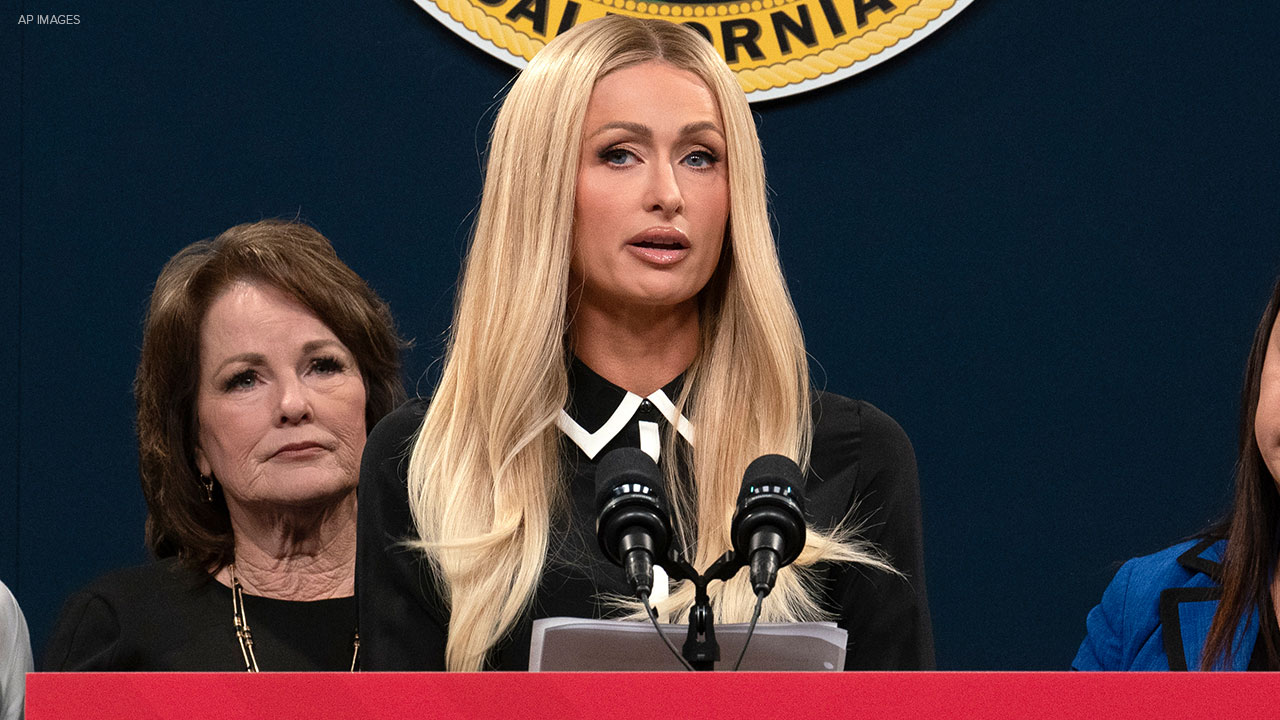Our Chicago: Mental health among Black women, teens becoming women


CHICAGO (WLS) -- The phrase "strong Black woman" is a quality that may sound like an asset, but it can be detrimental at time, according to an expert.
WATCH: Our Chicago Part 1

"When we are leading with our strength, often that means that we're avoiding and denying what we're really feeling on the inside. We're not paying attention to those feelings of distress, and when we don't pay attention to and adequately cope with those feelings, they can lead to negative mental and physical health outcomes," according to Dr. Inger Burnett-Zeigler, clinical psychologist and associate professor in the department of Psychiatry and Behavioral Sciences at Northwestern University.
Dr. Burnett-Zeigler addressed this problem and offered solutions in her new book, "Nobody Knows the Trouble I've Seen: The Emotional Lives of Black Women." She said 80% of African American women experience trauma of some sort.
"It can be anything from childhood physical, sexual abuse or neglect, intimate partner violence, traumatic loss through death or separation, dealing with a chronic health condition, race-based trauma including micro-aggressions that people are experiencing in the workplace and otherwise on a day-to-day basis," Dr. Burnett-Zeigler said.
WATCH: Our Chicago Part 2

Many teenagers are trying to learn while coping with violence, trauma and other issues going on in their homes or neighborhoods.
Working on Womanhood -- now in it's tenth year -- provides programs for about 2,400 girls in dozens of Chicago schools. The goal is to address their social-emotional needs so they can succeed in life.
Ngozi Harris is a training manager for Working on Womanhood. She said they are often asked if they are going to help the girls become ladies,
"It's really not about that. It's about helping them own their narrative, decide who they want to be, and then show up in the world as that," Harris said. "You don't arrive at womanhood, you continuously work at it."
Harris said their counselors join the girls for that journey.








